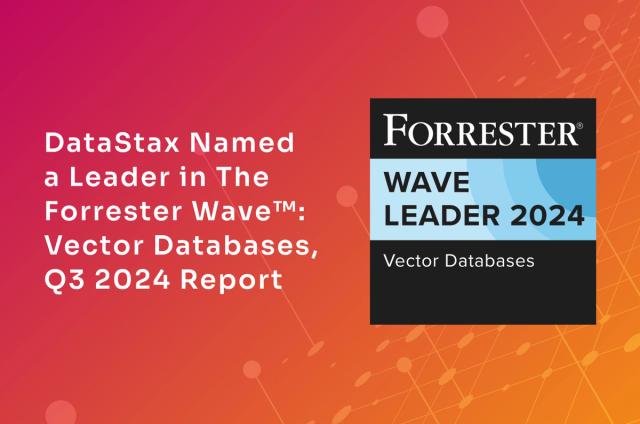How 5G Will Impact Your Data Management Strategy

It may be a tad over-hyped and will require years to gestate and fully take effect, but a lot of people these days are talking about the 5G and its potential. AT&T, and Sprint have all promised 5G devices for the first half of this year, and T-Mobile is planning to launch a nationwide network in 2020.
4G boosted mobile internet latency so people could rapidly download movies on their phones and shop without glitches, but 5G promises to take things to the next level with network speeds that will ramp up IoT connectivity, allow for a wider range of services, and provide opportunities for new, disruptive business models.
What does this mean for data management? And even more importantly, how should companies prepare for the transition?
The Big Shift to 5G
As we transition to 5G cellular networks, there will not only be an increase in mobile use but also an increase in use of other wireless devices, including robots, security cameras, and cars that send traffic data.
In addition to enhanced Mobile Broadband (eMBB), 5G technology will power massive-scale IoT connectivity between things such as wearables and smart devices. Drones will now have increased connectivity and the smart car will become even smarter.
Organizations have already been stepping up to adopt hybrid cloud solutions to achieve more mobility, scalability, and cost efficiency with their data management applications. Now, the promise of 5G demands new hybrid cloud data management strategies that allow enterprises to handle larger volumes of data and meet higher standards of reliability and performance.
Transitioning to 5G in Various Industries
Organizations that get a head start on updating and upgrading their database management strategy will be best positioned for the 5G adaptation in the oncoming months. Several vertical industries will be undergoing a generational transformation in the upcoming decade.
For example, the healthcare sector will be focusing on providing individualized healthcare and utilizing connected technologies to support its distributed patient-centered models. Applications that support remote health monitoring and remote surgery will be built on platforms that have high reliability and continuous connectivity. The manufacturing and industrial industries will be overseeing smart factories and this level of digitization will be capitalizing on 5G technologies. More organizations in the industrial sector will need reliable database platforms that can manage much larger volumes of data with zero downtime.
The automotive industry will be moving toward the implementation of advanced driver assistance systems and rolling out autonomous vehicles that rely heavily on 5G technology for performance, reliability, and robust communications. Energy production will be powered by 5G communication technologies as we see the development of more smart grids around the world.
Even the media and entertainment industry will be undergoing a profound transformation as demand for high resolution multimedia content increases, social media platform usage grows, and demand for live and on-demand content rises. These industries will soon be relying on applications that can support large volumes of data and will need the flexibility to build scalable applications quickly and efficiently to support their growth.
The Impact of 5G On Data Management
4G mobile networks have provided a general connectivity platform that meets the average mobile user’s needs. Organizations have adapted to this technology over the past decade and implemented data management strategies that can handle data loads from applications dependent on 4G connectivity.
The upgrade to 5G will demand more comprehensive data management and 100% reliability. Organizations must now implement and maintain a data management strategy that can accommodate not only larger volumes of data, but also maintain high speeds and eliminate the risk of downtime. Experts are describing it as the ‘5G data crush’ as companies are realizing 5G will change how they build applications and scalability will become a higher priority.
As more businesses, and entire industries, become more dependent on hybrid cloud applications and solutions, the 5G network rollout will steer business away from legacy applications and move them toward microservices that allow for faster and continuous application delivery.
Being proactive with this transition will require:
- Moving away from siloed ecosystems
- Eliminating conflicting format types across different networks
- Enabling systems and applications that rapidly aggregate and analyze raw data
- Moving toward unified data management solutions
- Incorporating 360-degree data integration layers
- Building upon a converged platform that supports all aspects of data management
Getting Your Database Ready for 5G
Preparing for 5G adoption will require reviewing current database capabilities and determining whether existing platforms are sufficient for building and accommodating for rapid growth. Using a distributed, cloud-based data layer will allow organizations to improve efficiencies, reduce costs, and automate many network processes with zero downtime.
Organizations across all industry sectors will soon need a reliable, efficient, scalable, and secure database management solution like DataStax Enterprise to stay connected and manage the new generation of customer demands effectively.




